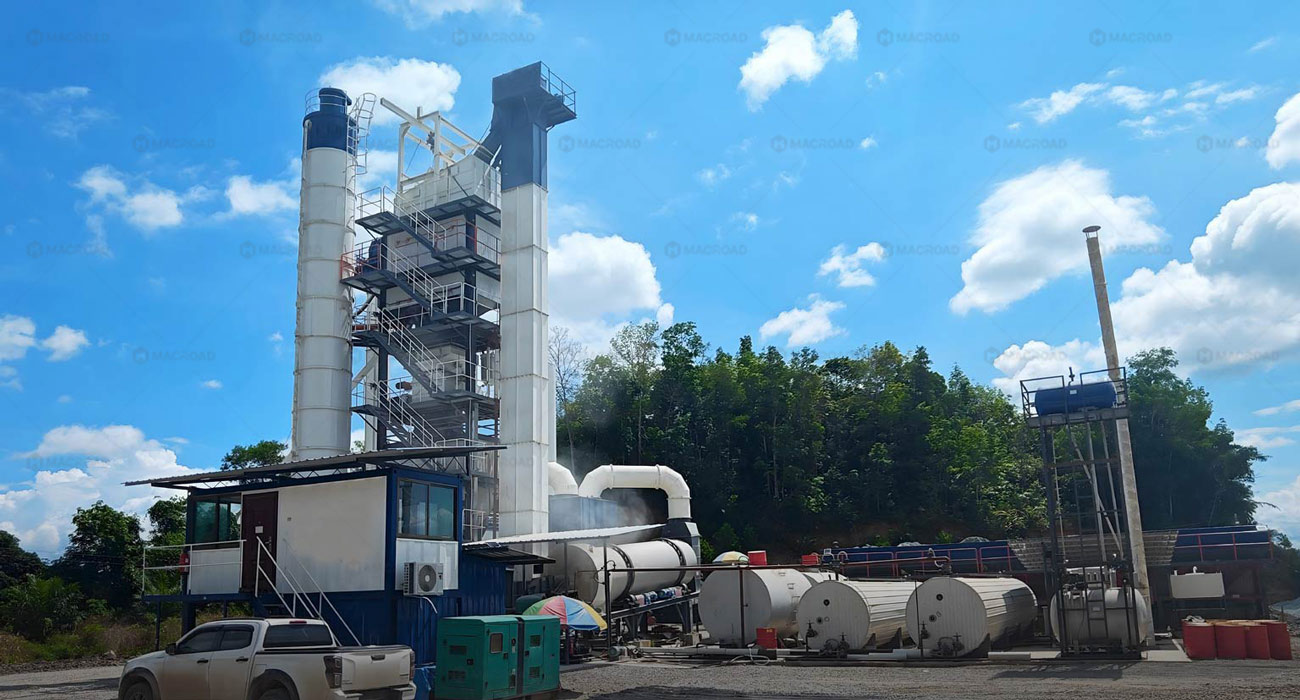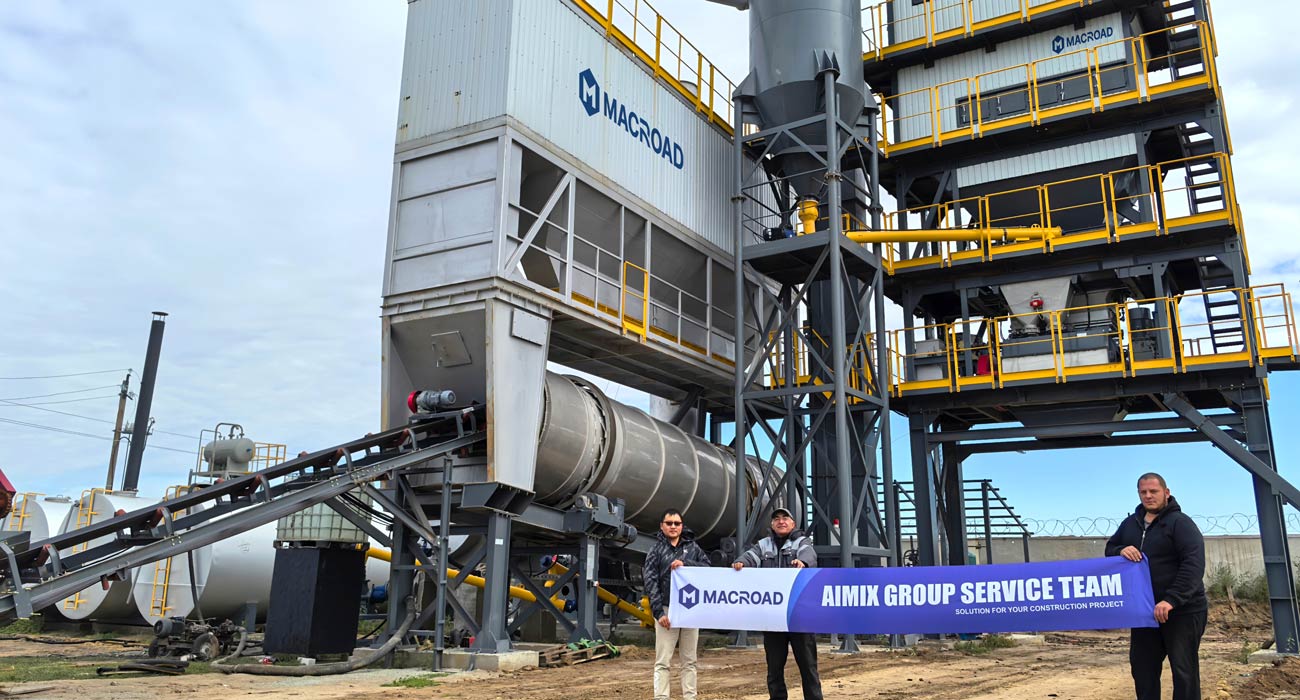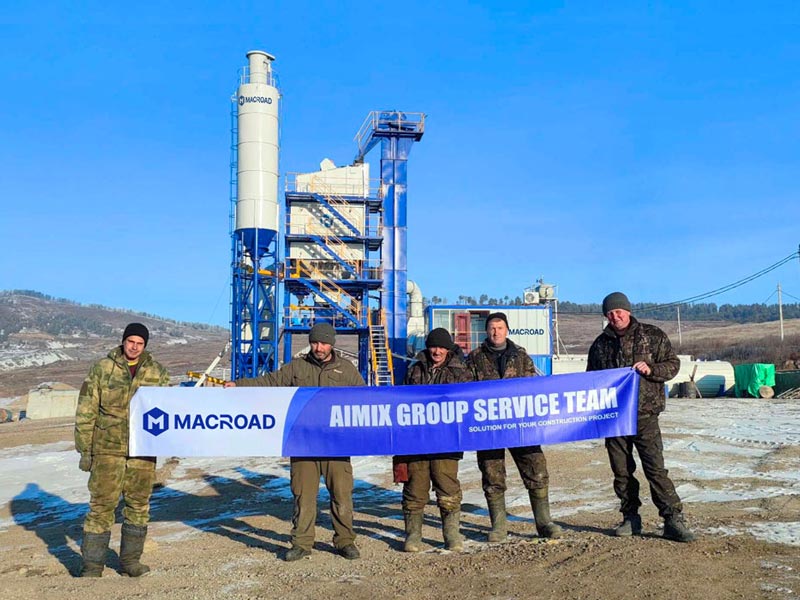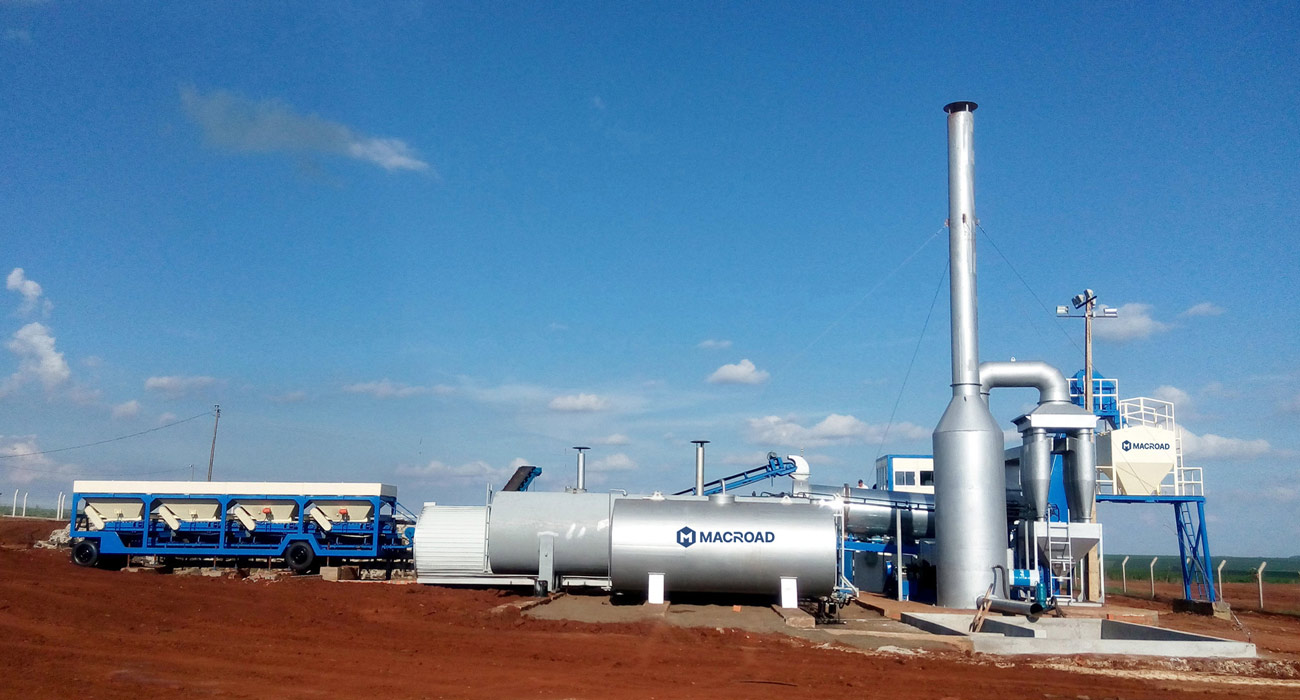In the context of sustainable asphalt production, asphalt processing plants and asphalt hot mix plants collaborate with asphalt debarrel equipment to incorporate recycled asphalt materials while meeting strict environmental emission standards. This collaboration plays a critical role in enhancing the sustainability of asphalt production by reducing waste and minimizing environmental impact. Understanding how these components work together can provide valuable insights for stakeholders looking to improve their asphalt production processes.

Integration of Recycled Materials
The collaboration between asphalt processing plants and asphalt hot mix plants begins with the integration of recycled asphalt materials into the production process. Asphalt debarrel equipment is essential in this phase, as it helps convert used asphalt and other materials into reusable components. By breaking down aged asphalt, this equipment prepares it for reintegration into the hot mix process.
This ability to utilize recycled materials not only supports sustainability but also reduces reliance on virgin materials, which can be costly and environmentally damaging to extract. Asphalt processing plants facilitate the initial processing of recycled materials, allowing asphalt hot mix plant to produce high-quality asphalt that meets the necessary standards while decreasing the overall carbon footprint.

Meeting Environmental Emission Standards
A significant challenge in asphalt production is adhering to strict environmental emission standards. The collaboration between asphalt processing plant, asphalt hot mix plants, and asphalt debarrel equipment is vital in achieving compliance. Modern asphalt hot mix plants are designed with advanced emission control technologies that work in conjunction with debarrel equipment to minimize harmful emissions during production.
As asphalt debarrel equipment processes recycled materials, it operates in a way that reduces the release of volatile organic compounds (VOCs) and other pollutants. This synergy ensures that the end product not only meets quality requirements but also aligns with environmental regulations. By focusing on emissions control, asphalt processing and hot mix plants can demonstrate their commitment to sustainable production practices.

Enhancing Production Efficiency
The collaboration between these components also enhances overall production efficiency. Asphalt processing plant are equipped to handle various materials, including recycled asphalt, while asphalt hot mix plants focus on producing the final asphalt product. When paired with asphalt debarrel equipment, the entire process becomes more streamlined.
This efficiency is critical for meeting project deadlines and reducing operational costs. For example, companies like Macroad utilize this integrated approach to optimize their production lines, ensuring that they can deliver high-quality asphalt quickly and sustainably. By improving production processes, companies can better respond to market demands while maintaining their environmental commitments.

Quality Assurance in Sustainable Practices
Quality assurance is a fundamental aspect of sustainable asphalt production. The collaboration of asphalt processing plants, asphalt hot mix plants, and asphalt debarrel equipment ensures that recycled materials are processed correctly and meet the required specifications. This collaborative approach allows for continuous monitoring and adjustment of the production process.
By implementing rigorous quality control measures, these plants can guarantee that the recycled material used in the asphalt mix does not compromise the quality of the finished product. This focus on quality is essential for maintaining the durability and longevity of asphalt surfaces, thereby contributing to sustainable infrastructure development.
Conclusion
In conclusion, the collaboration between asphalt processing plants, asphalt hot mix plants, and asphalt debarrel equipment plays a crucial role in sustainable asphalt production. By integrating recycled materials, meeting environmental emission standards, enhancing production efficiency, and ensuring quality, this collaboration supports a more sustainable approach to asphalt manufacturing. As the industry continues to evolve, the importance of such partnerships will only grow, providing a pathway for environmentally responsible practices that can meet the demands of modern infrastructure projects.
